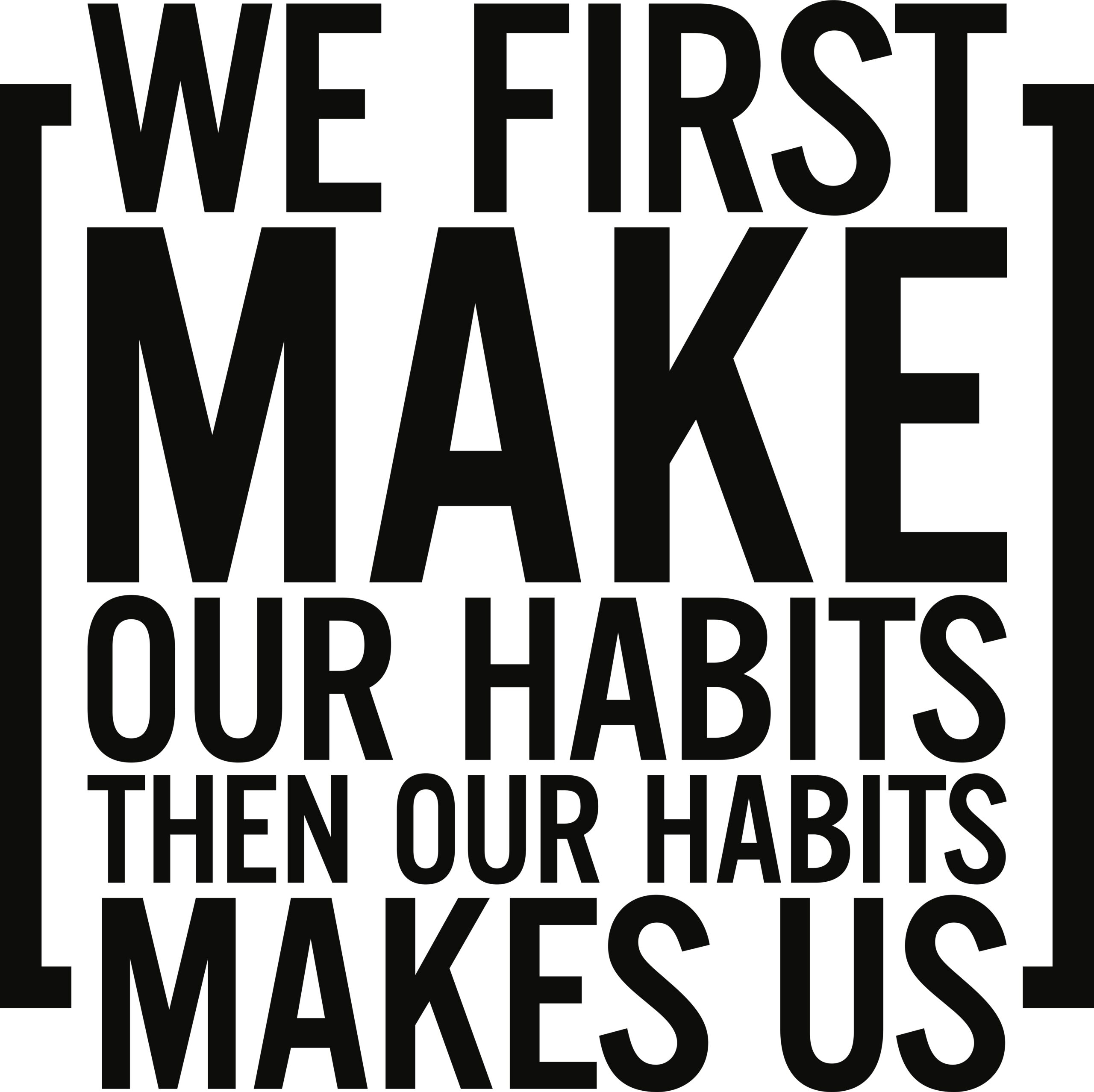By Julie Reynolds
Here are some additional questions to consider at home concerning Charlotte Mason’s thoughts about specific habits.
First, what practical habits we can cultivate at home? The “habit of attention” is one we work on at Clapham. Reading is a great way to encourage this habit, and narration hones it even more. Projects which require attention to direction and detail can increase an attention span. Keeping a nature journal can be an exercise in observation and attention. And what about learning to delay gratification until a certain task or chore is done? Working at something, whatever it is, “with all our heart, as unto the Lord” (Col 3:23), should certainly inspire us to attend to whatever the task is at hand. This verse also inspires the “habit of perfect execution,” that is, encouraging our children to do all things well. This doesn’t mean we expect more than they can master at their age, but we teach them to take the time to do their very best, and to keep it up, to master one skill wholly before moving on to the next.
Perhaps the most enjoyable habit you can encourage at home is the “habit of imagination.” “Now imagination does not descend, full-grown, to take possession of an empty house; like every other power of the mind, it is the merest germ of a power to begin with, and grows by what it gets; and childhood, the age of faith, is the time for its nourishing.”[1] Choose some adventure stories that your kids may want to act out. Ask them to make up a story for you. Read to them about life in another country or another time. Inspire them with missionary biographies. There’s always, “Don’t come inside until dinner” – they’ll have to think of something!
Second, consider that many habits are half taught, half caught. We can train our children in attention, order, neatness, manners, and words of courtesy. But the heart attitudes in our homes will have the greatest effect on these habits really taking root:
“…the child’s most fixed and dominant habits are those which the mother takes no pains about, but which the child picks up for himself through his close observation of all that is said and done, felt and thought, in his home.”[2]
What are our home atmospheres like? Neat and ordered or not, are the habits of gentleness, truth, courtesy, kindness and love evident? Are we good listeners? Is God’s Word a priority? Do a forgiving and generous spirit, an attitude of hospitality, and a respect for others permeate the air? The question I am asking myself is this: “What habits are my children learning from me?”
Take the great missionary patriarch from Scotland to the South Seas in the 1800’s, John Paton. Listen to what he “caught” by observing his father pray.
“How much my father’s prayers at this time impressed me I can never explain, nor could any stranger understand. When, on his knees and all of us kneeling around him in family worship, he poured out his whole soul with tears for the conversion of the Heathen World to the service of Jesus . . . As we rose from our knees, I used to look into the light on my father’s face, and wish I were like him in spirit, — hoping that, in answer to his prayers, I might be privileged and prepared to carry the blessed Gospel to some portion of the Heathen world.”[3]
[1] Charlotte Mason, Home Education (London: Kegan Paul, Trench, Trubner and Co., 1935; Wheaton, IL: Tyndale House, 1989), p. 153.
[2] Ibid, p. 137.
[3] John Paton, Missionary Patriarch: The True Story of John G. Paton (The Vision Forum, Inc., 2002. San Antonio, TX), p. 10.

